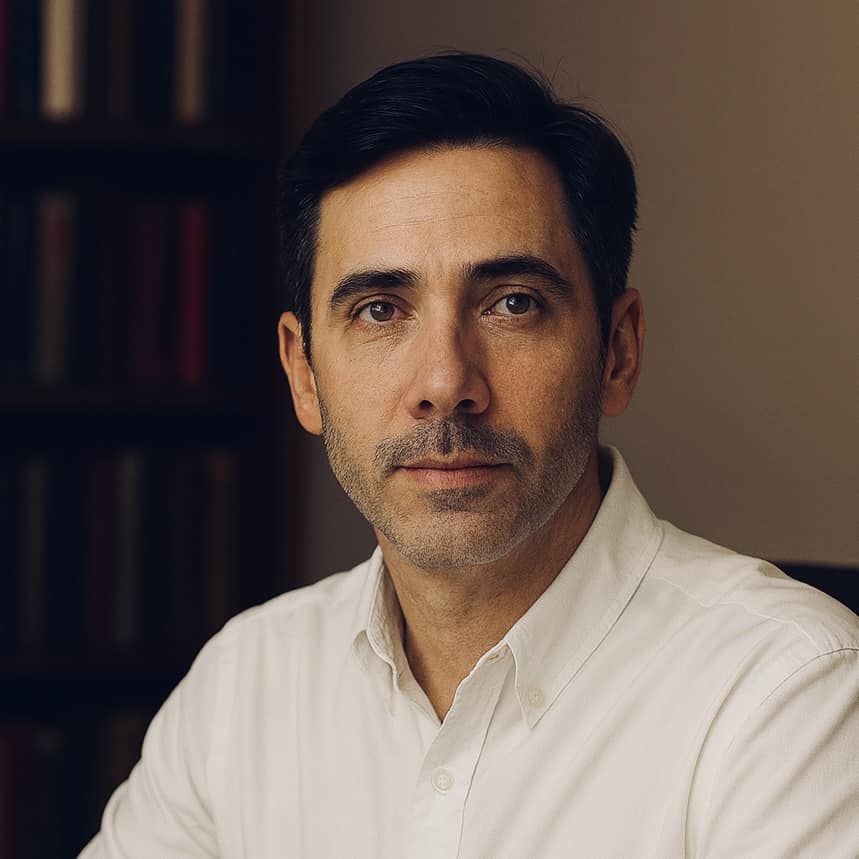Some sentences work like a compass. They are short, yet strong enough to reorient a life. “Earning power matters more than money, but only wise accumulation turns power into freedom” is one of those lines. It does not sell get-rich tricks or promise quick wins. It points to a deeper order between cause and effect, between the river and the reservoir, between the applause of today and the quiet that lets you hear your own breath tomorrow.
Money is a snapshot, earning power is the reel
Cash in a wallet is a still image, a moment frozen in time. Earning power is the film reel, an unfolding process with many frames yet to be revealed. Being dazzled by the money you have is like falling for a single beautiful photo and forgetting that the real value lies in the capacity to produce many more.
By the logic of cause and effect, power is the cause and money is the effect. Cling to the effect and neglect the cause, and you lock yourself inside a moment that has already passed. Prioritize the cause and keep deepening it, and you create resilience and optionality when life shifts.
Earning power is not the same as freedom
Here comes a paradox. Some people earn well yet are never at ease. Their income is high, their calendar is packed, and their reputation shines, but quiet is rare. If earning power only converts time directly into money, it is still a kind of rented strength, not owned freedom.
What is missing is wise accumulation. This is the act of converting a stream of income into assets that compound, and more broadly, converting today’s finite effort into tomorrow’s free time. Accumulation is the bridge from power to freedom. Without that bridge, power is a strong horse and the rider stays trapped on the track.

The nature of accumulation: from flow to reservoir, from instant to durable
Picture a creek. The running water is income. The lake it feeds is assets. If the stream runs fast but the lake has no banks, the water slips away and the land stays dry. Accumulation is the work of building the banks, so the flow does not merely pass through but stays, creating depth. That depth is the runway of a life. It is the number of days you can live by your priorities without panic when drought arrives.
Moving from flow to stock is also a move from flash to staying power. A big contract may boost your image, but it is the quiet conversions that weave freedom: small surpluses parked in compounding assets, and deliberate refusals to let lifestyle costs swell to match each new dollar.
Freedom is ownership of your time
Financial freedom is not mainly about how much you have. It is about who owns your time. If your income depends entirely on being present and constantly spinning the wheel, your time belongs to the market, the client list, the meeting calendar, and the gaze of others. When assets can generate cash without your continuous presence, you begin to buy back your time.
Wise accumulation is therefore a philosophical practice. It returns time to its rightful owner. It does not glorify laziness. It honors labor so much that it insists on keeping a portion of its fruits in the form of choice, rather than letting those fruits evaporate in short bursts of excitement.
The high income, low freedom paradox
Some mills spin fastest when they receive the most energy, and their belts are pulled tightest. High income without wise accumulation invites fixed lifestyle costs. The house gets bigger, the car newer, social obligations pricier. Fixed costs rise and turn power into an obligation to accelerate. You think you are climbing, yet you are being pulled.
Wise accumulation draws a line of enough amid the applause. It separates plenty from enough. Plenty is having a lot. Enough is not needing more to do good work with a calm mind. Inside the space of enough, power becomes the joy of creating. Outside it, power becomes a stimulant with long-term side effects.

The ethics of accumulation: from possession to stewardship
Accumulation is often mistaken for greed. There is another lens. Accumulation can be a discipline of gratitude. We honor our earning power by not wasting its results. We honor the earlier versions of ourselves who worked hard by setting aside a portion as a gift to our future selves, who will need security to do what is hard and right.
In a wider sense, accumulation is intergenerational responsibility. Families, companies, and communities become truly large through capital that endures. If one person’s brilliance burns bright only in the moment and fades when that person grows tired, it is fireworks. Accumulation turns brilliance into a lamp. It does not explode. It endures.
Common illusions
- “If I can earn, I am free.” Not necessarily. When every window of your time is sold to commitments, high income proves the price of your time is high, not that you own it.
- “I am young, I will accumulate later.” “Later” is the mask that good intentions wear to delay the truth that habits form now.
- “Investing in myself is enough.” Improving yourself strengthens the stream. You still need a lake that can hold and grow the water.
Safety is not fear. It is the depth that lets you take flight
People fear the word “safety,” as if it cancels adventure. In reality, real safety is the condition for wise risk. With adequate depth, you can say the honest thing, choose a harder project and pass on noisy opportunities, and work for long-term value, because you are not starving for approval or cash.
Freedom is not the absence of constraints. Freedom is the power to choose worthy constraints. Accumulation is the decision to accept the discipline of today so that tomorrow choice belongs to you. When choice belongs to you, there is no need to flex. Earning power returns to its best nature, a sincere play with your talent rather than a bargain with anxiety.

A new order of priorities: from having more to living right
The opening line does more than reorder finances. It reorders the spirit. Instead of chasing more, it asks whether you are living right. Right for your gifts, your biology, your loved ones, and the light you want to add to the world. Earning power becomes the launch pad. Wise accumulation sets the trajectory that reaches freedom to live right.
In that new order, the metric is not outer noise but inner quiet. You may own fewer flashy things than vanity demands, yet you keep more of what matters: attention, calm, unhurried time with your people, and decisions unbent by scarcity. That is wealth in its mature form.
The maturity of the maker self
Each of us chooses whether to be a performer self or a maker self. The performer lives by immediate feedback and counts praise and paychecks. The maker follows a longer rhythm, builds and refines, accepts delay in exchange for durability. When earning power meets accumulation, the maker self finds its ground. It does not need to prove itself each day, because its work speaks for itself.
In the end, accumulation is not just a balance sheet. It is a balance of life. It balances doing and being, volume and silence, today and tomorrow. In that balance, earning power stops pulling you by the reins and turns into wings that carry you exactly where you want to go.
Conclusion
“Earning power matters more than money” because it is the source. “But only wise accumulation turns power into freedom” because freedom is the goal. Wisdom does not choose between source and goal. It puts them in order. Strengthen the source day by day, and quietly build the banks of your own lake. When the surface is deep and still, you will see the whole sky reflected. At that point, making money is no longer a race to beat others. It is the calm right to live as yourself.












